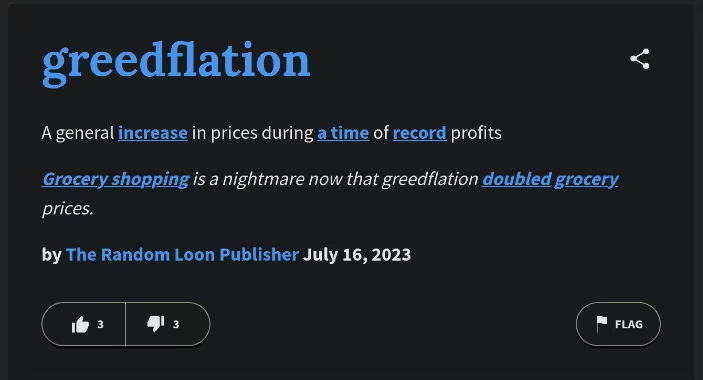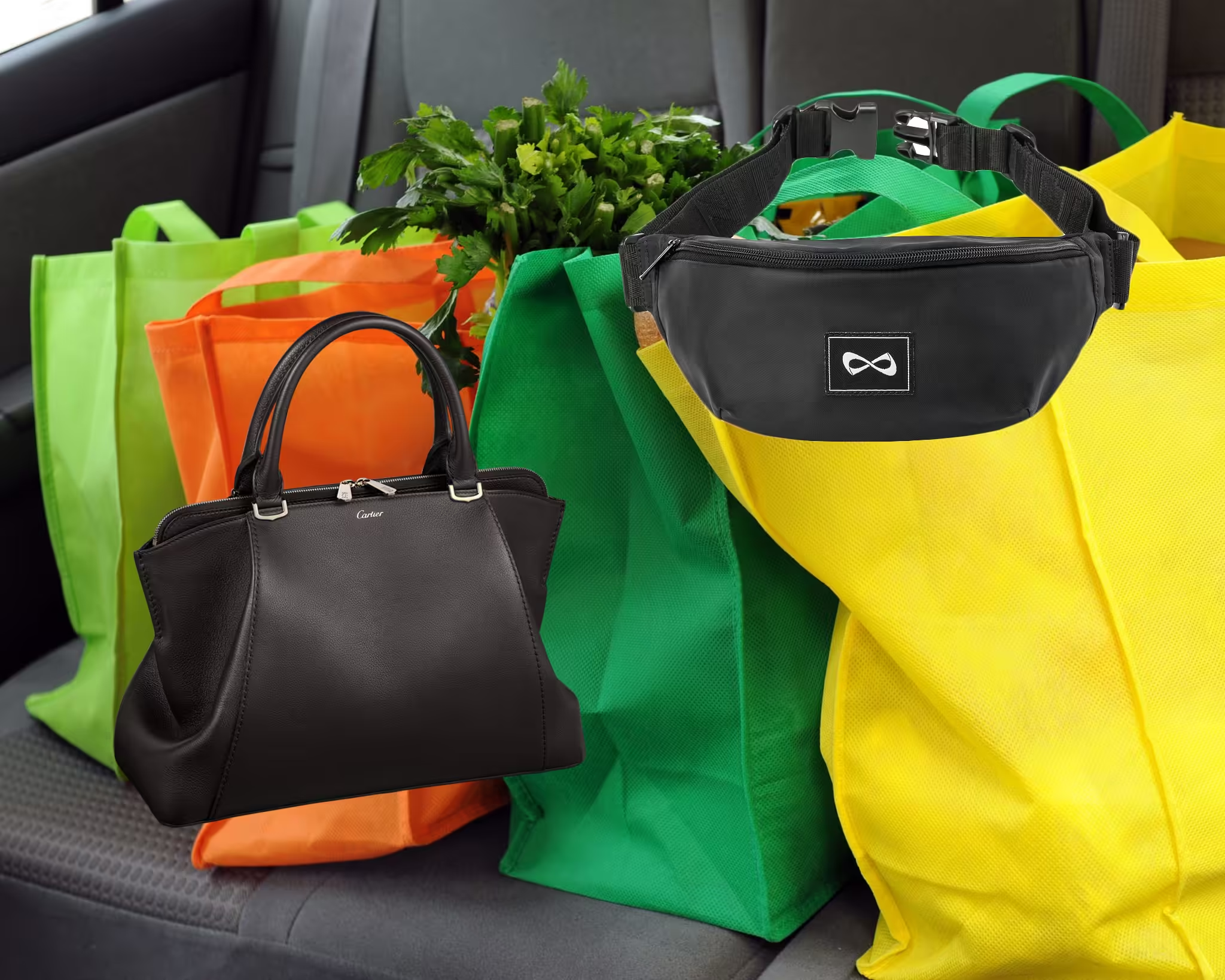As societies continue to evolve, so do the policies that govern them. One such policy that has gained attention in recent years is the “no backpack” rule in private business establishments.
While this may seem like a trivial matter, it can have significant implications for students (or other people) who rely on their backpacks as a means of transportation and organization. In this blog post, we will explore how no-backpack policies may discriminate against students based on age.
The Problem with No-Backpack Policies
No-backpack policies are often implemented in an effort to improve safety and security within businesses. However, these policies can have a disproportionate impact on students who rely on their backpacks as a means of carrying essential items such as laptops, books, and personal belongings. By prohibiting the use of backpacks, students are left with few options for transporting their belongings, leading to significant inconvenience and stress.
It’s also insulting and presumes guilt.
Do you want Canada to be a police state where armed thugs are guarding the door because they assume every customer is a potential criminal?
Are these businesses just projecting?
Probably

I wonder why they presume everyone is a thief.
Additionally, another problem with these no-backpack policies is this:

It is also apparently perfectly fine if you want to carry around a reusable bag that you purchased from the business itself, they even let you shop with it and place items in it. They have no problems with big bulky jackets, fanny packs or purses either.
Basically the best tool to use for commercial theft is some kind of concealed container.
I would also argue that its harder to use a backpack to steal because I assume you’d need to take it off your back, and you’ll look suspicious doing that. Especially if you open it to put items inside of it.
While with a reusable bag, it is much easier to place items inside of it because its always open.
Discrimination Based on Age
The no-backpack policy discriminates against students because of their age. Students who are old enough to be in school are often required to carry heavy loads of books and materials, making it difficult for them to navigate through crowded areas without a backpack.
I often see these no-backpack policies erected in areas with high student traffic. Most of the time it is convenience stores, and they go a step further by having signs such as “only two students allowed in at once.”
Imagine if the sign said “only two trans people allowed in at once.”
Then it would be far more obvious.
When a business puts up such a sign, or a policy that says no-backpacks, its because they want to deter the students from shopping in their stores.
“No backpacks” may as well say “stay the fuck out young people”.
I’ve seen stores that implement these policies only during the school year, or only on weekdays. It’s obvious what they are doing.
Consequences of No-Backpack Policies
The consequences of no-backpack policies can be severe. Students who are forced to go without their backpacks may experience significant stress and anxiety, particularly if they have important items in their backpack that cannot be carried separately. This can lead to a decline in academic performance, as students become increasingly distracted by the inconvenience of not having access to their belongings.
Another problem with this is the other angle I mentioned: that these businesses are inherently untrustworthy and non-credible themselves. Many of these businesses participated in such scandals like fixing the price of bread or greedlfation.
Would you trust your valuables with these people?
Indirect Discrimination
It is also possible for a policy targetting students based on age may also create discrimination in another area such as disability.
Let’s assume for a second that a non-student may need a backpack for shopping due to disability. I have some experience with people who have such disabilities, and it’s a huge problem for them as well. They get hit with this no-backpack policy, and the store additionally discriminates on the basis of disability because they refuse to accomodate.
They need that backpack, but the store’s ageist no-backpack policy must be enforced.
Well, businesses have a duty to accomodate unless they can prove undue hardship.
That’s a hard bar to reach when Tribunals have made businesses spend upwards for $50,000 for a wheelchair ramp.
Is it really so hard to have a secret shopper monitor people with backpacks? Not really. Security Companies such as Legendary Security Inc provide “plain clothes” investigators to tackle both internal and external shoplifting.
Conclusion
In conclusion, no-backpack policies employed by businesses discriminate against students because of age. By prohibiting the use of backpacks, these policies create significant barriers for students who rely on their backpacks as a means of transportation and organization. We urge businesses to reconsider their no-backpack policy and find alternative solutions that do not disproportionately impact students or other people who may need a backpack to do basic things like shop for groceries.
We also urge students and those with disabilities to seek legal counsel if effected by this no-backpack policy.
I am not your lawyer or paralegal, and this is a blog post for educational purposes only.
Most businesses break the law until they are caught. That is why the “risk management” industry exists. They know they are violating the law so they outsource to a company that can break down the potential fines for them, help set up a rainy day fund (to defend and settle lawsuits) and navigate mitigation techniques to get away with the crime for as long as possible.
Illegal earnings - fines = profit $$$
Recommendations
- Remove any and all no-backpack policies, or apply them consistently across the board for all storage containers (reusable bags, purses, wallets, jackets).
- Don’t try and pretend your no-backpack policies are for security when you don’t enforce them on weekends.